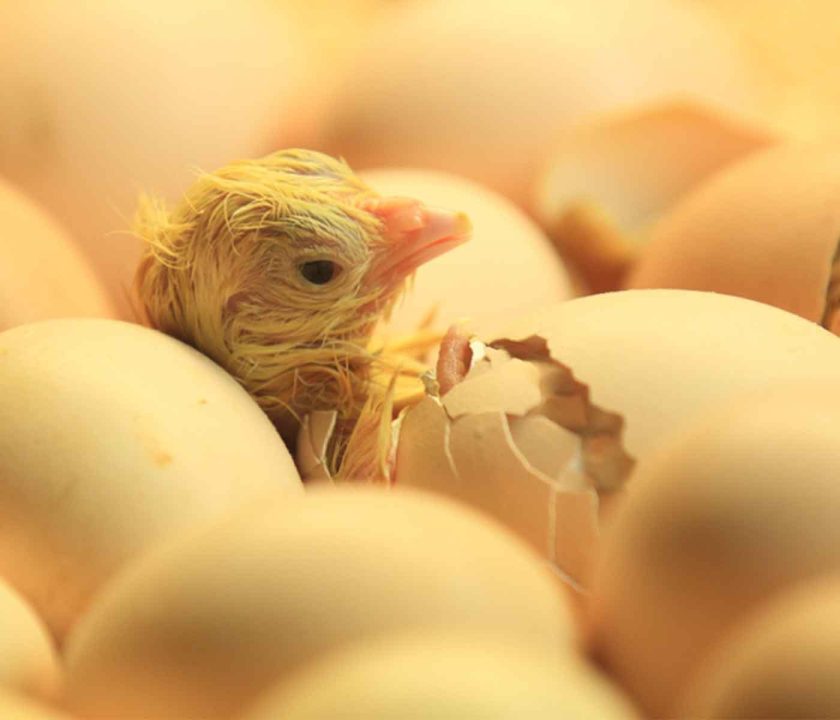Content available at: Português (Portuguese (Brazil))
Currently, several carotenoid-based products have been used in animal nutrition. The continuous search for improvement in poultry feeding has led to the inclusion of herbs and spices in the diet to replace feed additives, reduce antimicrobials, or even use alternative feeds where their components do not have pigments in the composition.
Examples are plant extracts, essential oils, and phytogenic additives. These products have biologically active compounds such as polyphenols, carotenoids, and vitamins, which can act as antioxidants, pigments, or immunomodulators, presenting these effects in feed, birds, eggs, or even progeny.
Antioxidants help to prevent oxidative stress by removing free radical intermediates and are an effective agent against various diseases. In animal nutrition, antioxidant properties are appreciated for acting primarily as health promoters (Faehnrich et al., 2016).
The carotenoids
Carotenoids are substances with pigmenting characteristics found in photosynthetic and nonphotosynthetic organisms, higher plants, algae, fungi, bacteria, and in some animals. These substances can be found in colors between yellow and red, with more than 600 structures already characterized (Fraser, 2004).
Nutritionally, carotenoids are classified into:
- Provitamin carotenoids, representing those having provitamin A activity, or;
- Inactive carotenoids, which perform only antioxidant or coloring activity (Olson, 1999).
Chemically, they can be divided into two groups:
- hydrocarbon carotenoids called carotenes; and
- oxygenated carotenoids, called xanthophylls (Goodwin, 1965).
These two main groups can
Keep up to date with our newsletters
Receive the magazine for free in digital version
REGISTRATION
ACCESS
YOUR ACCOUNT
LOGIN
Lost your password?

